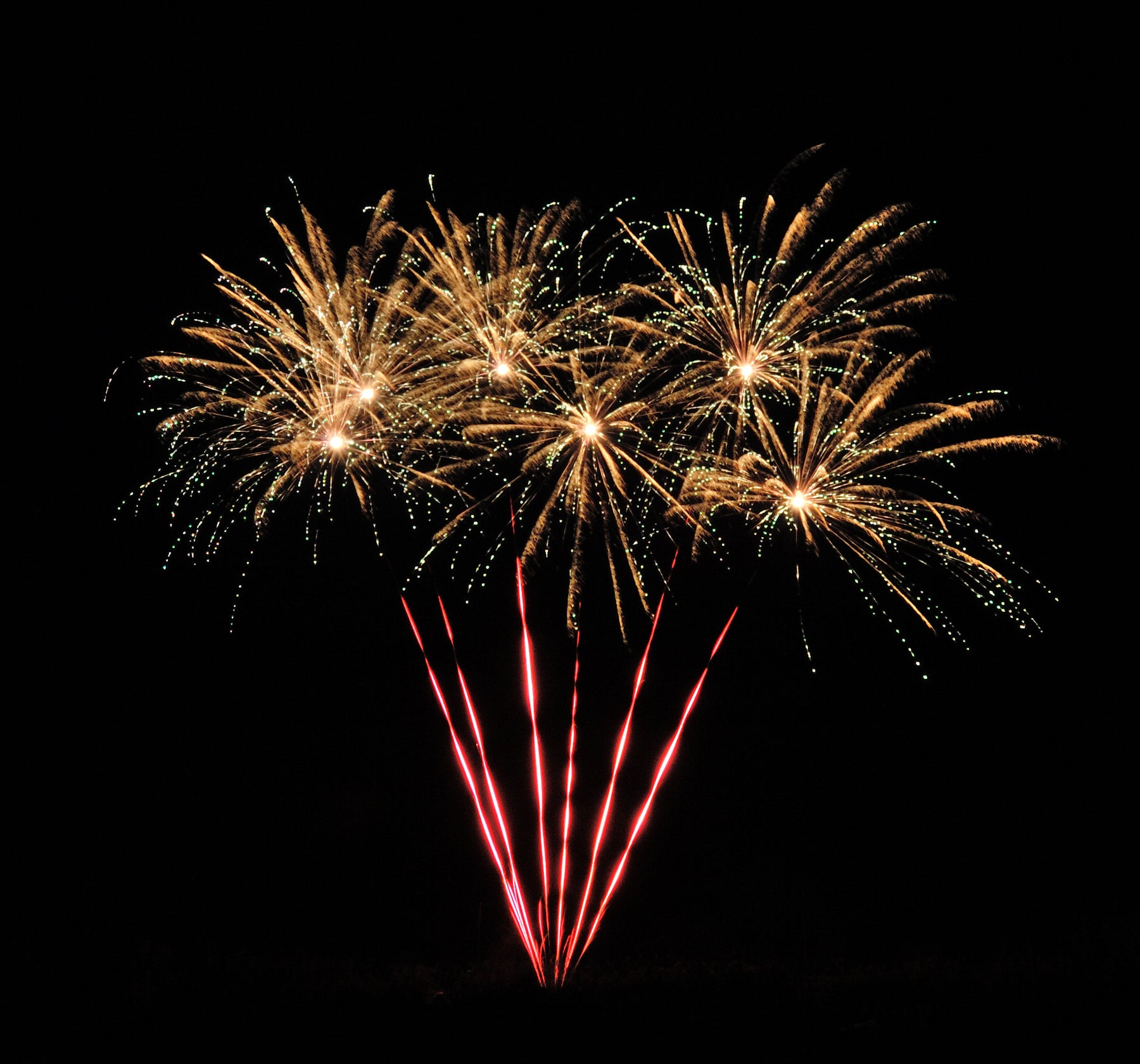
REMEMBER, REMEMBER THE 5TH OF NOVEMBER: THE BRITISH TRADITION OF BONFIRE NIGHT
The night of November 5th is etched into the British calendar as a time of fiery spectacle and remembrance, marked by dazzling fireworks, bonfires, and effigies of a man named Guy Fawkes. This centuries-old tradition, known as Bonfire Night or Guy Fawkes Night, is a unique blend of history, politics, and cultural heritage. To truly understand why the British celebrate November 5th with fireworks, we must first delve into the historical events that gave rise to this iconic celebration.
The story begins in 1605, a time when religious tensions ran high in England. King James I, a Protestant, had ascended to the throne, and Catholics faced persecution and discrimination. A group of disenchanted Catholics, led by Robert Catesby and including Guy Fawkes, hatched a daring plot to assassinate the king and restore Catholic rule.
Their plan was audacious: to blow up the House of Lords during the State Opening of Parliament on November 5th, 1605. They smuggled 36 barrels of gunpowder, hidden beneath firewood, into a cellar beneath the House of Lords. Fawkes was tasked with lighting the fuse when the time came.
However, an anonymous letter warning of the plot was delivered to a Catholic nobleman, Lord Monteagle, who then alerted the authorities. On the night of November 4th, Fawkes was discovered in the cellar, surrounded by 36 barrels of gunpowder, arrested, and interrogated.
Guy Fawkes was unrepentant, famously stating that his intent was to "blow the Scottish king and his English parliament back to where they came from." Despite gruesome torture, he never revealed the names of his co-conspirators. The other plotters, upon hearing of Fawkes' capture, fled to the Midlands, where they planned to launch a Catholic uprising.
However, their rebellion foundered as popular support failed to materialise, and the authorities closed in. Several of the conspirators, including Catesby, were killed in a confrontation with government forces. The rest were captured and subsequently executed.
With the thwarting of the Gunpowder Plot, the king's life spared, and the nation's Protestant establishment preserved, England erupted in celebration. People lit bonfires to express their relief and gratitude for the king's safety. This spontaneous outpouring of joy laid the foundation for what would become an annual tradition.
In January 1606, Parliament passed the Observance of 5th November Act, which required the celebration of November 5th as a day of thanksgiving. Effigies of Guy Fawkes, often filled with straw or other combustibles, were created and thrown onto bonfires. Over time, fireworks became an integral part of the festivities, symbolizing the explosive danger that had been averted.
Modern-Day Bonfire Night - Today, Bonfire Night is a cherished British tradition that has evolved into a family-friendly event. Communities across the UK come together on the night of November 5th to build bonfires, set off fireworks, and enjoy food and drink. The effigy of Guy Fawkes is still burned on many bonfires, though it's more a symbolic gesture than an expression of anger or hatred.
In all, the celebration of November 5th with fireworks and bonfires in the UK is a living testament to a historic event that altered the course of the nation's history. It reminds us of the importance of religious tolerance, the resilience of a nation, and the enduring power of tradition. So, when you hear the rhyme "Remember, remember the 5th of November," you'll understand that it's more than just a catchy phrase - it's a call to remember the plot that failed, the king who survived, and the enduring spirit of a nation.
